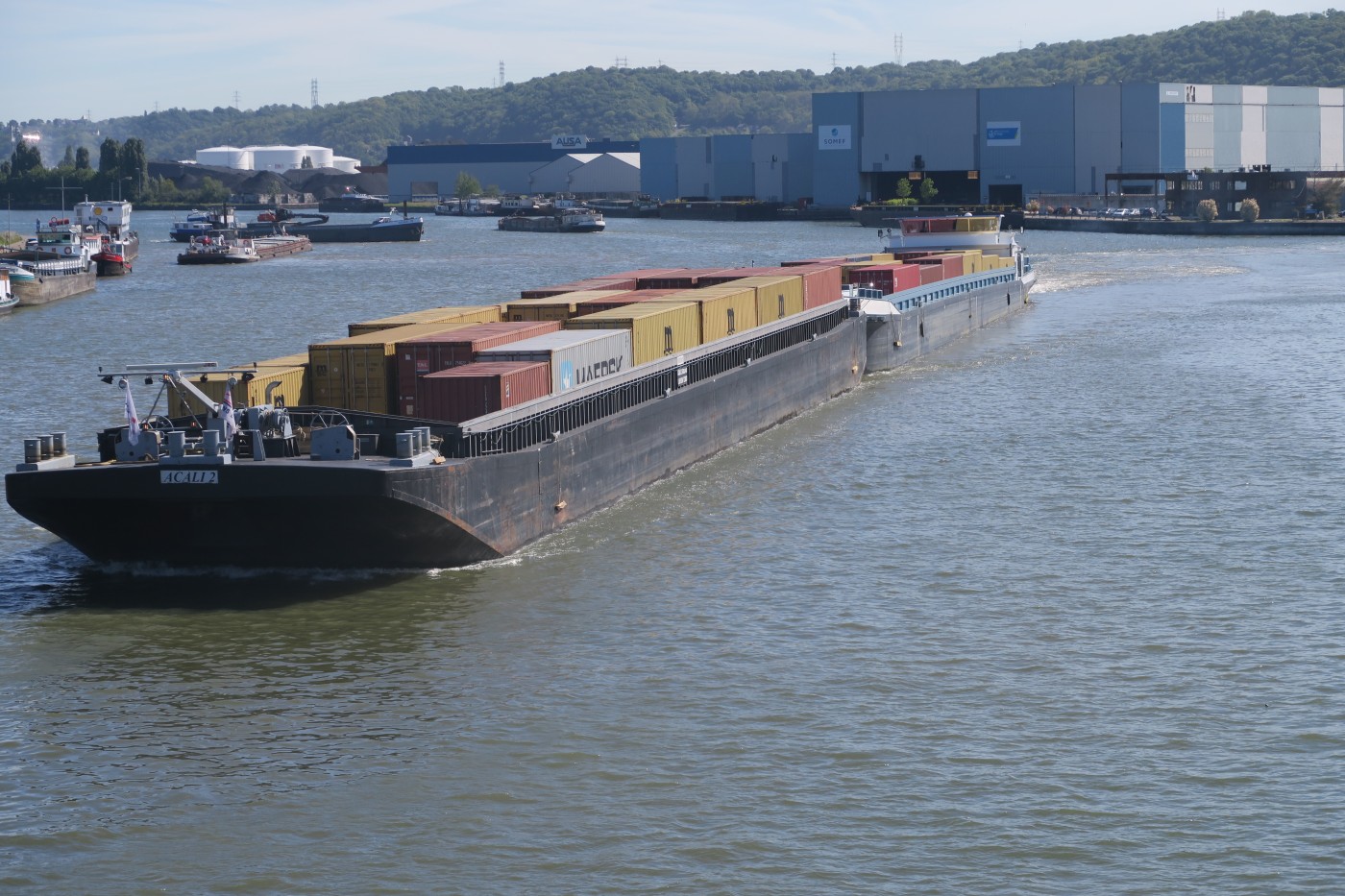The European Federation of Inland Ports backs the European Commission’s roadmaps to navigating the future of European inland waterway transport
Press Releases
25 June 2021
The European Federation of Inland Ports (EFIP) supports the aims and roadmap set out by the “NAIADES III: Boosting future-proof European inland waterway transport” communication that identifies inland ports as part of the EU’s transport backbone as “Enablers of Green Logistics”.
NAIADES III constitutes the next step for European inland shipping. Published on 24 June and presented by Commissioner for Transport Adina Vălean, it outlines the direction and planned actions that will solidify inland shipping’s role in Europe’s economy moving forward and the realisation of the European Green Deal.
EFIP President Friedrich Lehr commented: “NAIADES has always been a cornerstone of inland shipping’s growth in Europe. Given the transformation the European Green Deal has foreseen, the next NAIADES step is now more needed than ever. Inland shipping has to address the challenges of climate change, including increasing its modal share and greening of the fleet, in order to navigate its future. I welcome especially the increased support for projects aiming to improve the infrastructure and connections of inland ports.”
By prioritising the shift of more freight to inland waterways, NAIADES III continues the priority set in the Sustainable and Smart Mobility Strategy. By supporting infrastructure deployment, developing crisis plans, increasing access to the market and revising the Combined Transport Directive, inland waterway transport will be made more attractive and reliable. Only by achieving this can European inland shipping grow and can the Green Deal be realised.
Demands to green shipping are increasing and NAIADES III lays out a roadmap for the sector. Infrastructure forms the foundation to realise a decarbonised transport sector. The inland ports especially welcome the incorporation of a corridor approach in the upcoming revision of the Alternative Fuels Infrastructure Directive, the support for the deployment of zero-emissions inland vessels and the support for the greening of inland ports. Combined with the digitalisation and smart shipping proposals, this will decrease the carbon footprint while adding to the efficiency of inland shipping.
Finally, in order to make all of this possible, investments are paramount. The inland shipping sector is largely made up of single-family undertakings with limited funds. The proposals to extend the Railways State Aid Guidelines to the inland waterway sector will make it easier for Member States to support those projects facilitating the green and digital transition. At the same time, the creation of a fund specifically geared to inland shipping must support those organisations that want to make the transition to a sustainable and smart inland shipping sector.
Related documents
No attachments.
